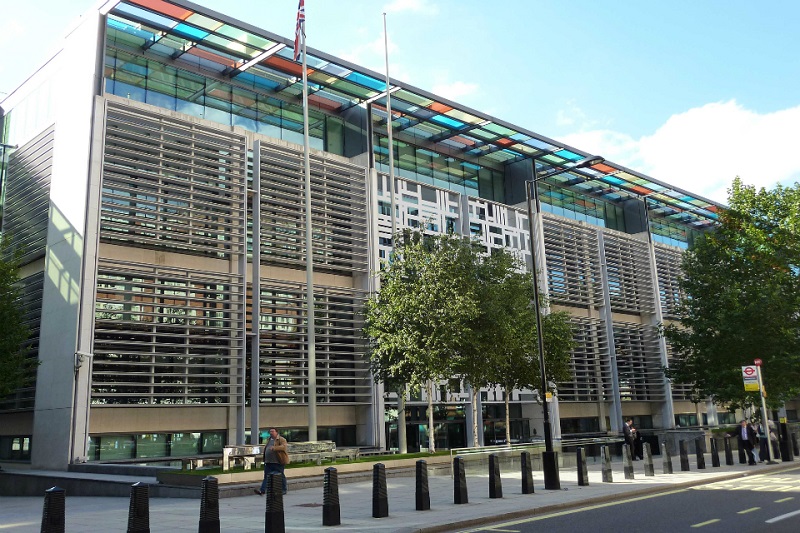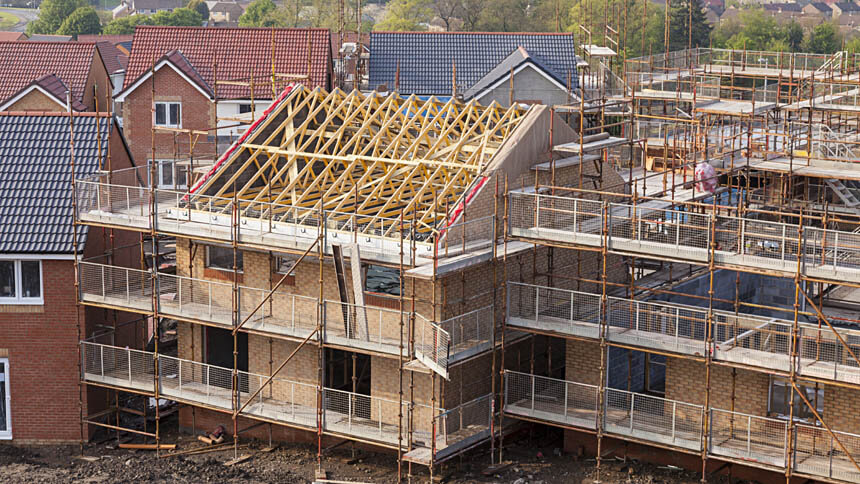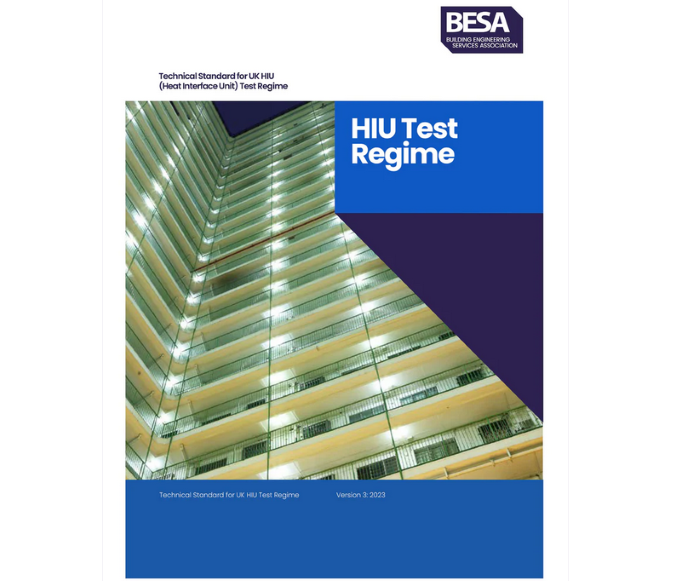Major reforms of the UK's planning system, mortgage market and property tax regime are needed to discourage speculative demand for housing as a financial asset to broaden access to affordable housing, finds a new government commissioned report by a UCL researcher.
The report, commissioned by the previous UK government's housing ministry and published on the UCL Institute for Innovation and Public Purpose webpage, examined the underlying mechanisms driving up housing costs across the UK.
It describes a “housing-finance feedback cycle” where increasing financial flows into housing generate rising prices, and expectations of future rises which in turn generate more speculative demand for housing as an investment. This includes buy-to-let and second homes, with one in five homes in the UK now owned by landlords and homeownership for younger cohorts in rapid decline.

To break this feedback cycle, the report makes a series of policy recommendations on how to make the housing market more affordable, including:
- A major reform of the UK property tax system, abolishing council tax and stamp duty and replacing them with annual property tax on the value of the home
- Planning reforms to limit the conversion of primary residences into rental units, second homes or short-term lets
- Local authorities and housing associations being given right-of-first-refusal to purchase properties coming up for sale and convert them to social rent in areas of housing need
- Compulsory mortgage insurance and longer term fixed-rate mortgages for first-time buyers to make mortgages more affordable for first-time buyers alongside tougher regulations to limit demand for Buy-to-let mortgages
Author, Professor Josh Ryan-Collins (UCL Institute for Innovation and Public Purpose) said: “Over the past forty years, government policies across a range of areas has favoured housing's role as a financial asset and investment over the UK's population actual housing needs. This has driven up housing costs dramatically, with younger people shut out of homeownership and facing ever higher rents. By implementing the types of recommendation in this report, we can free up potentially vast swathes of the existing stock, much of which is underoccupied, and make much bigger dent in the housing affordability crisis than will come through the much slower process of new build"
The report describes how, starting in the 1960s and accelerating in the 1980s, housing, planning, tax, and financial policies have shifted from supporting the provision of affordable housing towards subsidising the demand for homeownership and investment in housing as a financial asset.
Driven by liberalisation of mortgage credit markets since the 1980s, historically low interest rates, and new financial innovations, financial flows into housing have exploded causing real house prices to increase five-fold. The researchers dub this the ‘financialisaton’ of the housing market and has resulted in a situation where existing homeowners easily outcompete first time buyers to buy new homes.
The social effects have been significant. Since the early 2000s, mortgaged homeownership has fallen from 45% to 30% while the private rented sector has doubled from 10% to 20%. Private landlords now own around one in five homes in Britian, while four in 10 adults own no property at all. Millennials (born between 1981 and 1996) today are half as likely to own their home at the age of 30 as the Baby Boomer generation (born between 1946 and 1964).
This has led to increasing inequality across wealth and income levels. Renters face higher housing costs than homeowners but face lower overall living standards. Many younger and middle-and-lower income families in the rental sector face significant affordability problems. This is despite the stated policy goals of successive governments professing the desire to increase homeownership across the country.
Professor Ryan-Collins said: “It’s clear that decades of financialisaton of the housing market will take major structural reforms to reverse. Whilst building new affordable homes is a key part of the affordability challenge, the new government also needs to tackle the deep-seated drivers of the housing crisis via interventions in financial and tax policy spheres. This can also help support growth by encouraging more investment into more productive areas of the economy. If the capital gains or inheritance taxes were increased, as some political observers predict might happen in the next budget, such policies would help towards suppressing the investment demand for housing and enhance affordability.”
The report was developed at the request of the Ministry of Housing, Communities, and Local Government (now the Department for Levelling Up, Housing and Communities).




















